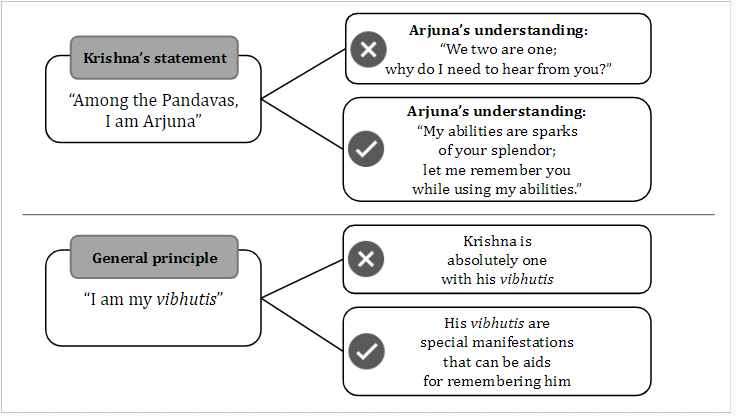
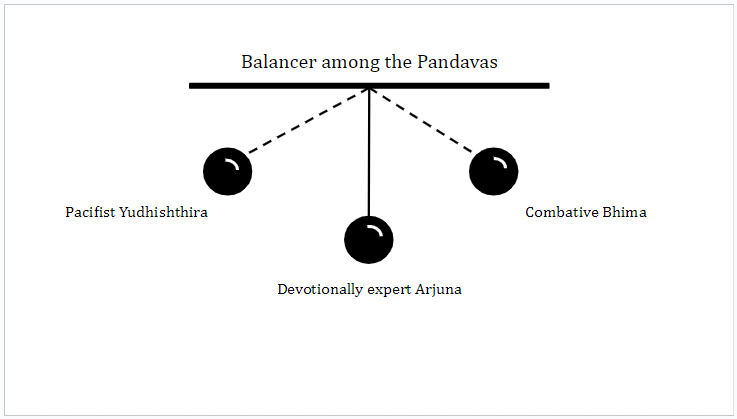
In the Bhagavad-gita’s tenth chapter, Krishna equates himself with over fifty things in this world. Are these statements meant to be read literally? Let’s consider how the Gita’s original student Arjuna understands them. When Krishna declares, “Among the Pandavas, I am Arjuna” (10.37), does he take this statement to mean that Krishna and he are the same? Does he infer that he is just as enlightened as Krishna? Does he deem Krishna’s Gita instructions unnecessary? No, not at all.
Then, how does Arjuna understand Krishna’s statements? As intellectual aids for devotional remembrance. This understanding makes sense, given Arjuna’s starting question: how can he remember Krishna in this world? Krishna responds with an indicative list of his opulences (10.20-40) and states the underlying principle (10.41): everything attractive manifests a spark of his supreme attractiveness. Thus, whenever anything attracts our attention while we function in the world, we can remind ourselves that whatever attractiveness it features, Krishna features that very attractiveness countless times over. By such contemplation, we can redirect our attention from those objects toward Krishna. In this light, Arjuna understands that his own special prowess is an example of Krishna acting through him — rather than becoming proud of his prowess, Arjuna uses reminders of his prowess as impetuses for remembering Krishna.
This understanding of Krishna’s “I am …” statements is echoed in the pertinent Sanskrit word vibhuti, which means a special (vi) manifestation (bhuti). Through these manifestations, the one above the many (Krishna in his transcendence) manifests as one among the many (Krishna in his immanence), thus making himself accessible to us during our functioning in the world.
One-sentence summary:
Krishna’s “I am …” statements in the Gita’s tenth chapter are meant not to assert his oneness with nature, but to aid us in remembering him while we encounter attractive worldly objects.
Think it over:
- What do Krishna’s “I am …” statements mean and don’t mean?
- How does Arjuna’s conduct reveal the right understanding of Krishna’s “I am …” statements?
- What does the word ‘vibhuti’ mean in the context of the Gita’s tenth chapter?
***
10.37: Of the descendants of Vrishni I am Vasudeva, and of the Pandavas I am Arjuna. Of the sages I am Vyasa, and among great thinkers I am Ushana.
To know more about this verse, please click on the image

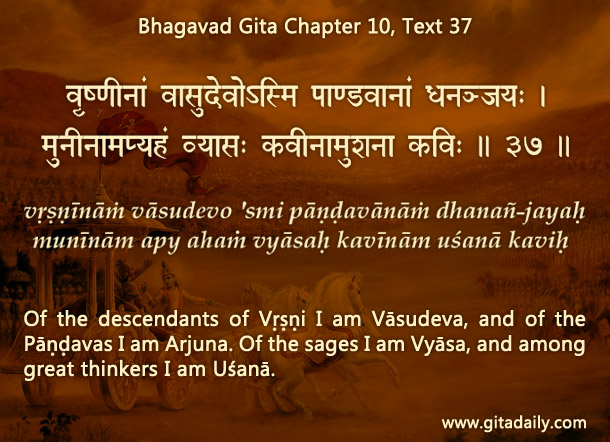



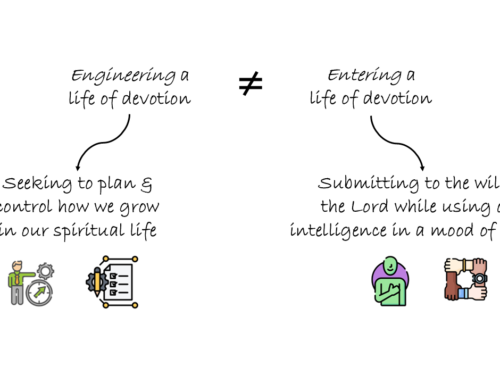


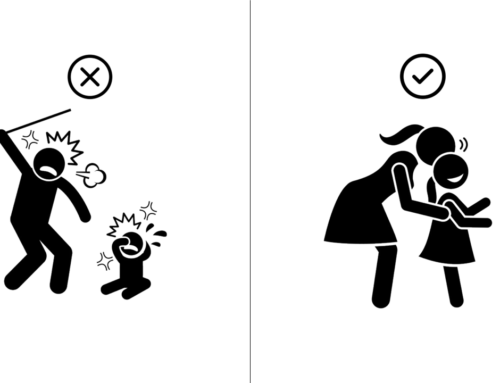



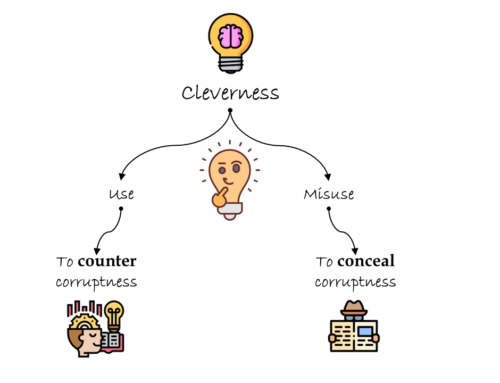



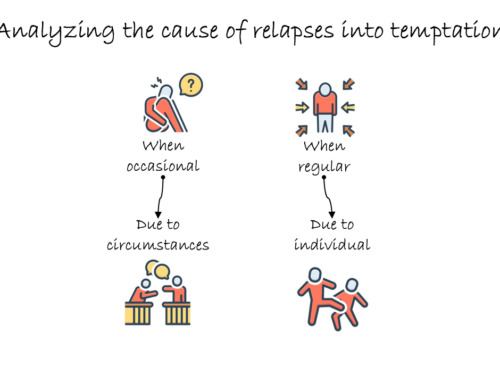

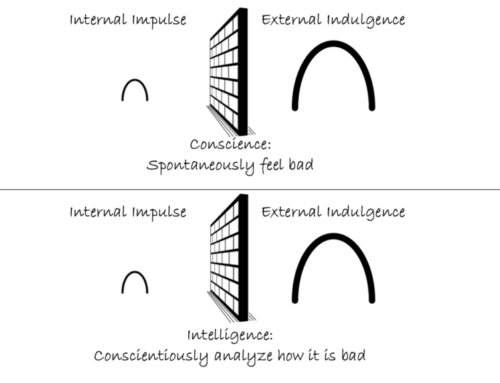
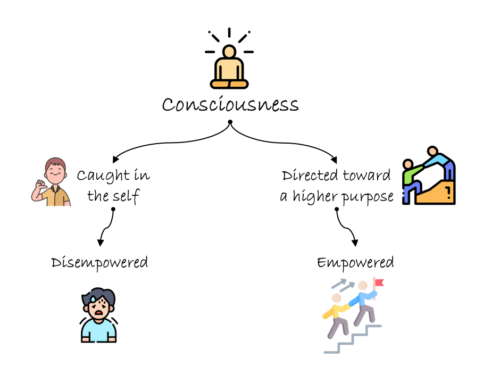
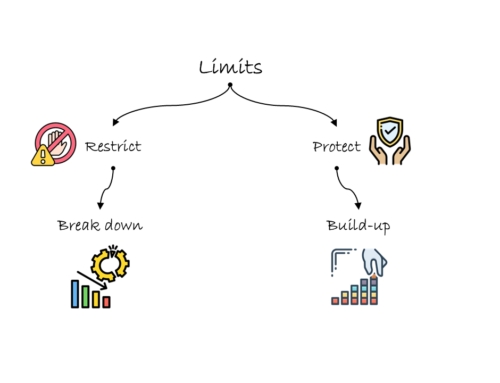

Leave A Comment